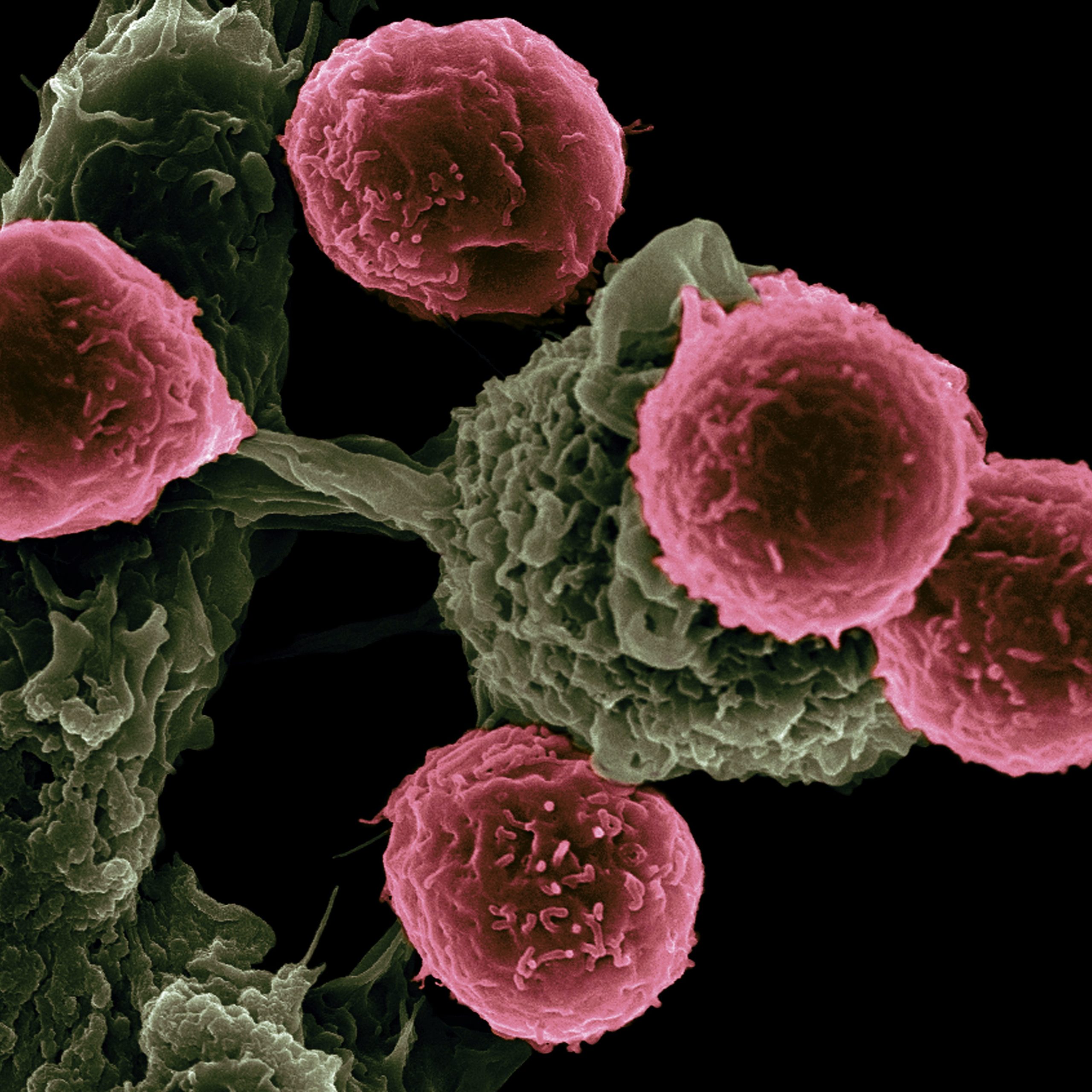News release
From:
AUDIO and VIDEO of Prof Brendan Jenkins are available for download
If an army marches on its stomach, as the old saying goes, then the US Department of Defense (DoD) is investing wisely in Australian upper gastrointestinal cancer research.
Researchers from Melbourne’s Hudson Institute of Medical Research have received two grants from the US DoD totalling approximately $AUD 2 million, to research stomach cancer and pancreatic cancer.
In both projects, researchers are now aiming to establish how risk factors interact with genes of the immune system in some people to cause stomach and pancreatic cancers.
Among the deadliest cancers
Lead researcher, Professor Brendan Jenkins, says it’s not the first time Hudson Institute has received funding for research into these upper gastrointestinal cancers, which are among the most common and deadly cancers in the world.
“The DoD has identified stomach cancer as a high risk for military veterans, particularly those of African-American, Hispanic and Asian ethnicities, and the five-year survival rate for stomach cancer is still less than 30 percent,” said Prof Jenkins.
“The research being done here provides a golden opportunity to improve that situation – meaning a better life for military veterans and lower health care costs for the US government.
“It’s a similar story for pancreatic cancer, with a 5-year survival rate of just 9-10%, largely due to late detection and limited efficacy of chemotherapy, so we’re also focussing on that disease.” he said.
Gut-derived bacteria promote tumour growth
“We know that the most common type of pancreatic cancer contains gut-derived bacteria that promote tumour growth and can cause resistance to chemotherapy; what we need to establish is how that process works.”
Identifying this process is the first major step towards designing new treatments and cures.
With stomach cancer, researchers know that US military veterans have higher exposure to risk factors such as infection with the gastric bacteria H. pylori, as well as exposure to biomass, tobacco smoke and ionizing radiation, plus excessive alcohol consumption.
Taken together, these two projects aim to advance understanding of all cancers, not just those affecting the stomach and pancreas, and hopefully lead to faster diagnosis and better treatment.
Facts
· Stomach cancer is more common in men than women and generally occurs in older people
· In most cases, the growth of cancerous stomach tumours happens over many years before it is detected
· Lifestyle factors that increase the risk of stomach cancer include smoking, obesity, eating a lot of salty, smoked or processed food, eating too much meat, alcohol consumption and family history
· Pancreatic cancer has the highest mortality rate among all cancers and is the fifth-leading cause of cancer death in Australia
· There are two types of pancreatic cancer, exocrine and endocrine, based on the type of cell that the cancer starts in. Each type acts differently and responds to different treatments
· It is extremely hard to treat because it is often not diagnosed until a late stage.
Multimedia




 Australia; VIC
Australia; VIC


